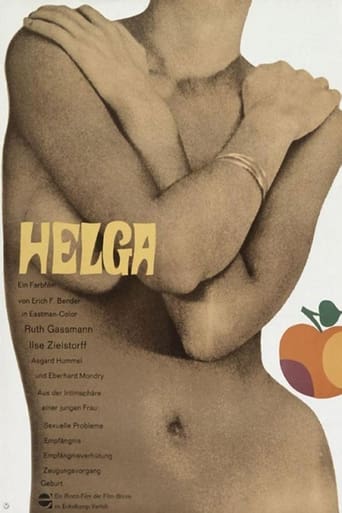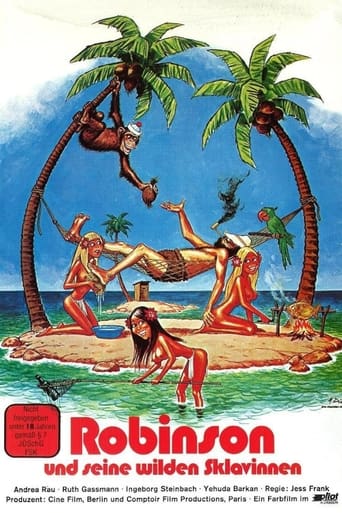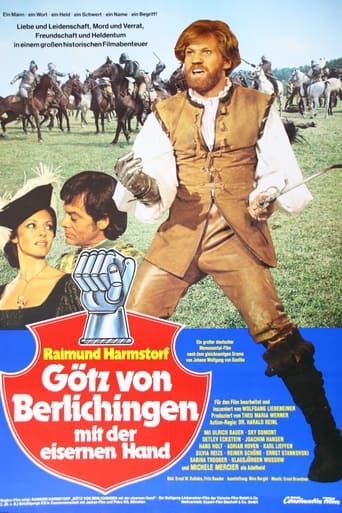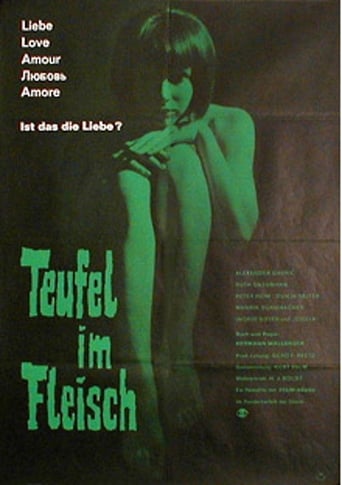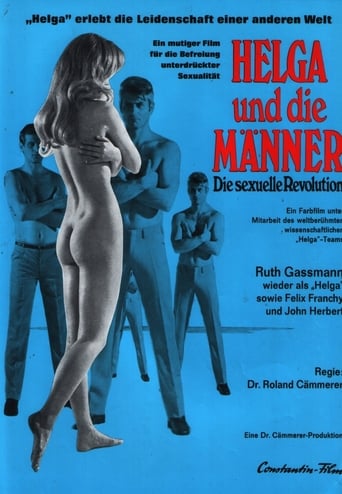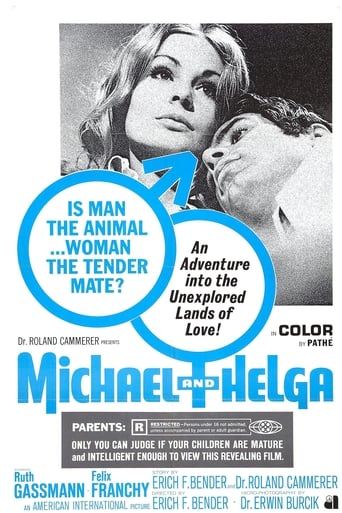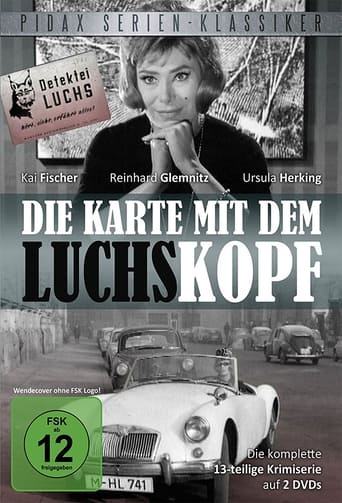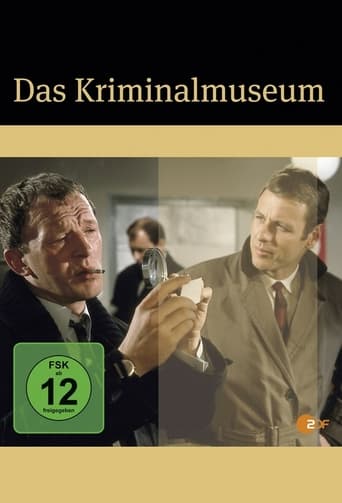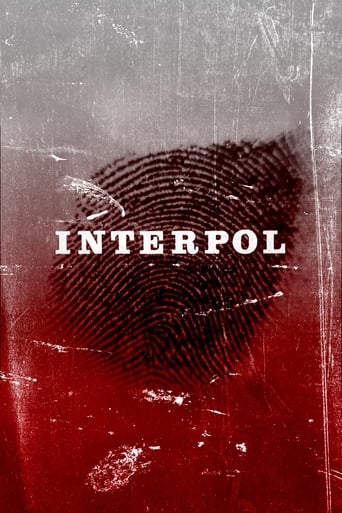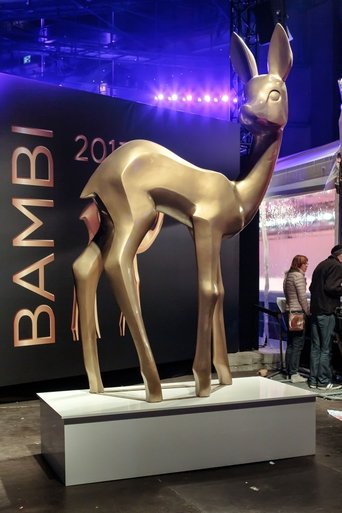Helga - Vom Werden des menschlichen Lebens
Sep 22, 1967Helga is a documentary film that deals with the physical aspects of human anatomy and reproduction. From the earliest stages of pregnancy, to birth, the camera follows Helga through all, until she has her baby. This semi-documentary-styled film relies heavily on medical and educational information. The actual birth is filmed in remarkable close-up sequences.
Documentary
